We all know Kiwis love a road trip. If your plans this summer involve heading off with a caravan or in a motorhome, it is vital to make sure that any gas appliances are in good working order before you leave home.
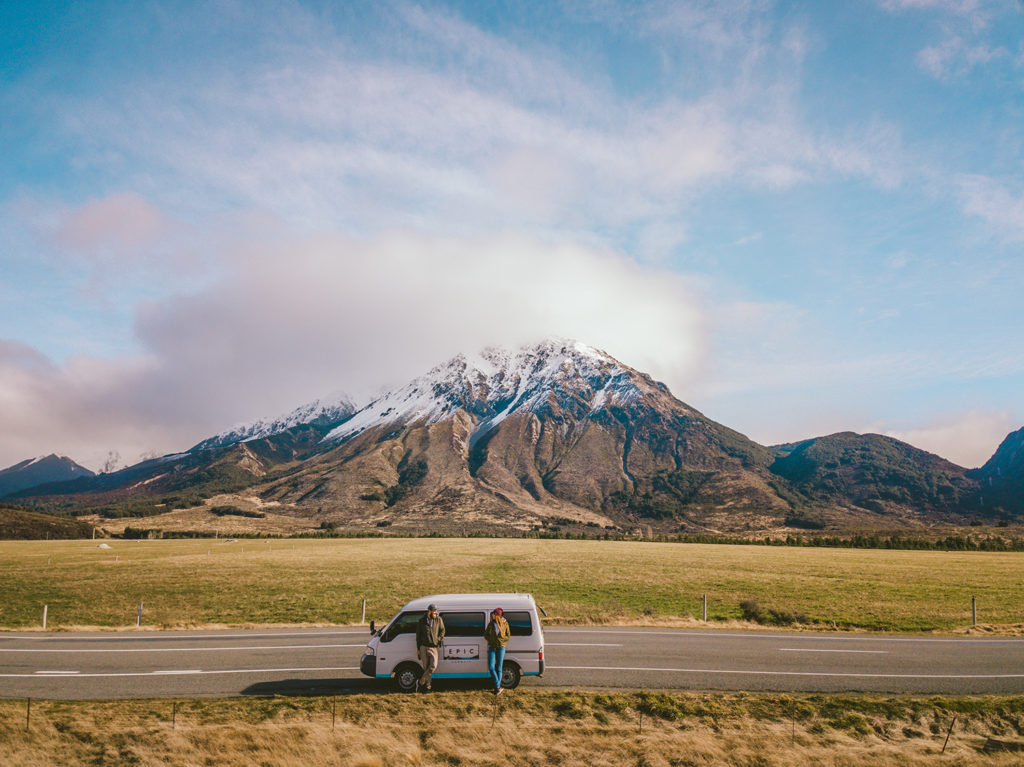
Don’t risk it!
If your caravan or motorhome has older fittings that haven’t been serviced for a while, get in touch to get your appliances checked.
Appliances wear out over time – plastic or rubber seals can deteriorate, pipes can become damaged or loose due to vehicle movement, parts can go missing and burner jets or vents can become clogged.
Get into the habit of routinely checking:
- Copper tubing for dents, kinks and/or corrosion, adequate fixings or clips
- Hoses for signs of cracking, fraying, splitting or brittleness
- Appliances for rust or corrosion
- Vents and burners for obstruction
- Normal looking flame patterns when in use.
If your gas appliance is not functioning properly or leaking, this can lead to life-threatening situations so it is imperative you keep yourself safe this sunny season.
Keep yourself safe
All gasfitting work on a caravan or motorhome must be carried out by a licensed gasfitter to ensure any alterations to existing fittings or new installations comply with the latest industry standards.
Current installation codes require all cookers, water or space heaters (and refrigerators) in caravans and motorhomes to be correctly installed, flued and ventilated.
Modern room-sealed or balanced-flue installations take combustion air from outside the vehicle and must ensure combustion products are not discharged inside your living/sleeping area.
Once a new installation has been completed, a Certificate of Compliance and a Gas Safety Certificate will be provided to show the work is compliant and safe to use. Paragon also keep records of when appliances have been serviced and send out annual reminders.
Use the right appliance
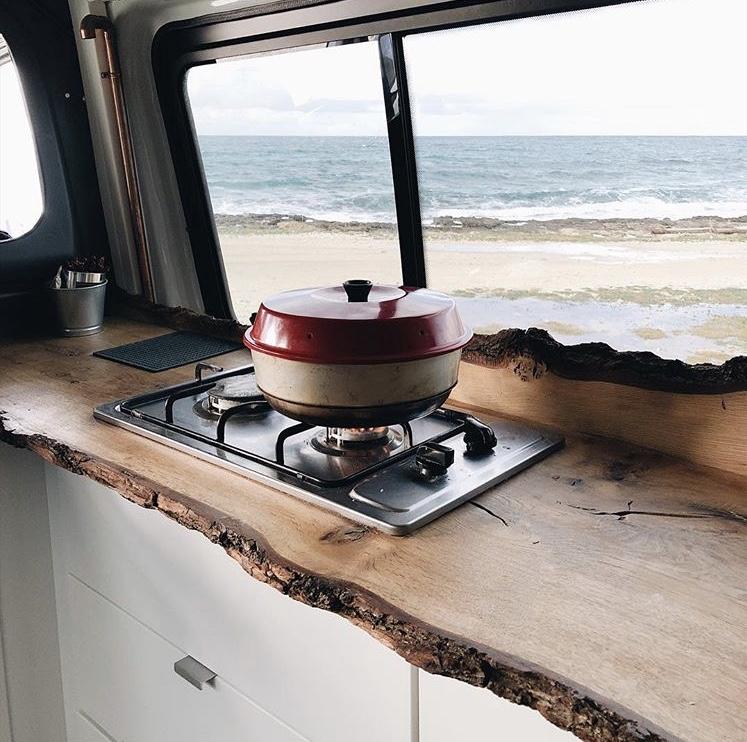
Outdoor heating equipment or appliances must not be used indoors. They’re designed for open-air use and don’t have safety features to shut off the gas supply when oxygen levels are depleted in confined spaces.
Carbon monoxide (CO) is a highly poisonous gas, produced by faulty or incorrectly used fuel-burning appliances such as gas heaters, cookers, lanterns and barbecues (gas and charcoal).
You can find out more about carbon monoxide here.
Never use a portable cabinet heater from your house in your caravan – these are high capacity appliances which require greater air volume and ventilation than is available in most vehicles.
LPG appliance safety tips
Always follow the manufacturer’s health and safety instructions provided with your gas appliance.
Remember:
- Never use an LPG appliance when a caravan/motorhome is travelling
- Make sure all appliances and pilot burners are turned off when the towing vehicle or motorhome is being refuelled
- Only turn on your LPG cylinder when you are about to use a gas appliance – and turn it off again when you have finished.
Apart from room-sealed appliances and refrigerators, never operate a gas appliance when occupants are sleeping. You’re particularly at risk when asleep because you won’t recognise the early symptoms of CO poisoning.
Handle cylinders with care
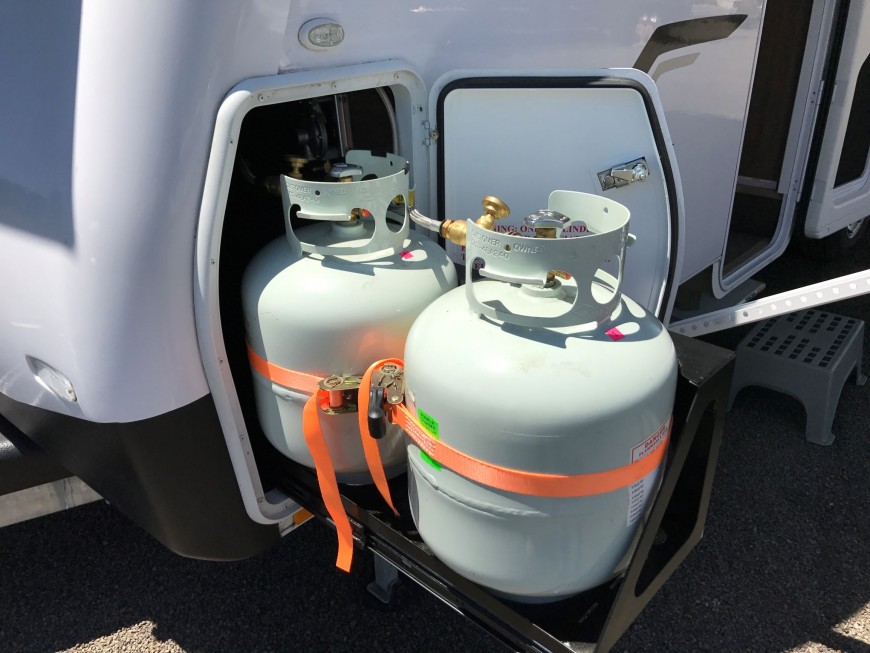
By law, LPG cylinders must be tested every ten years. Check your cylinder for the date stamp which is normally found around the top or collar of the cylinder.
Keep your cylinder upright when in use or in storage. Laying a cylinder on its side creates a greater risk of LPG escaping to cause a fire and/or explosion hazard.
Cylinders should be kept in a suitable enclosure (like a locker) so any potential gas escape is vented externally and away from possible sources of ignition.
Cylinders should be restrained so they cannot move around during transit.
When storing a caravan or motorhome, it is important to ensure all appliances are switched off and then turn off the cylinder valve.
Never attempt to repair or remove valves, or fill your own cylinder – always leave it to a professional.
What to do if you smell gas or feel sick
If you smell gas / suffer a headache / feel sick while using appliances:
- turn off the cylinder valve (if it’s safe to do so)
- get people out of the area
- turn off all appliances
- open the windows and doors of your recreational vehicle
Do not use any electrical devices, including switches and phones, until the air is clear or you are a safe distance away.
In the event of an emergency, call the Emergency Services on 111.
If not an emergency, turn off the appliance and have it checked as soon as possible by one of our trusted team.
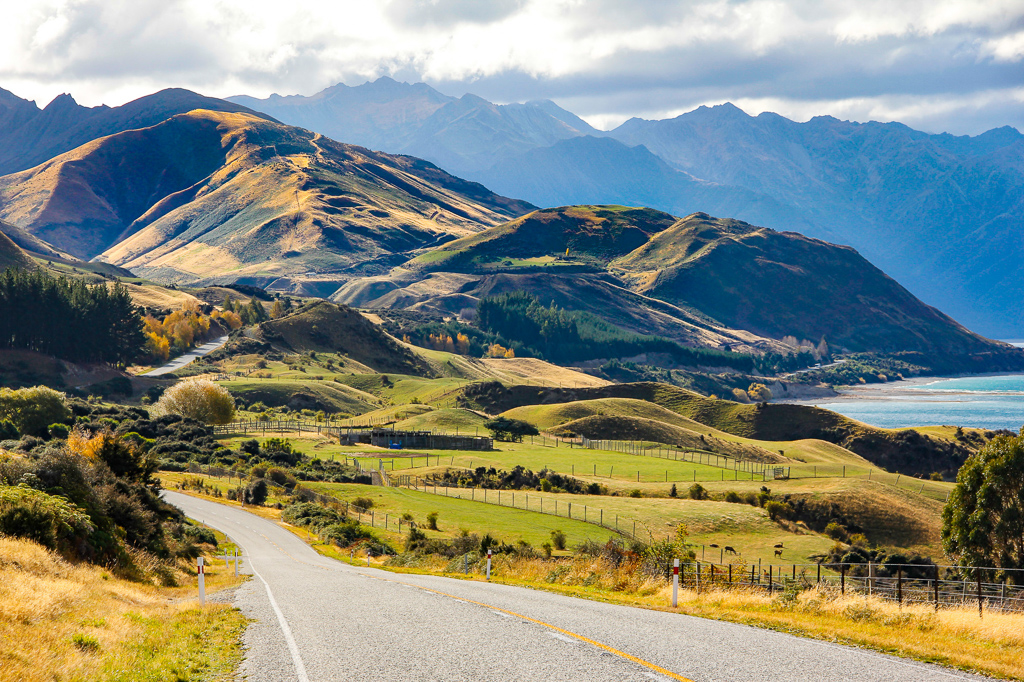
God speed and Safe travels this summer!
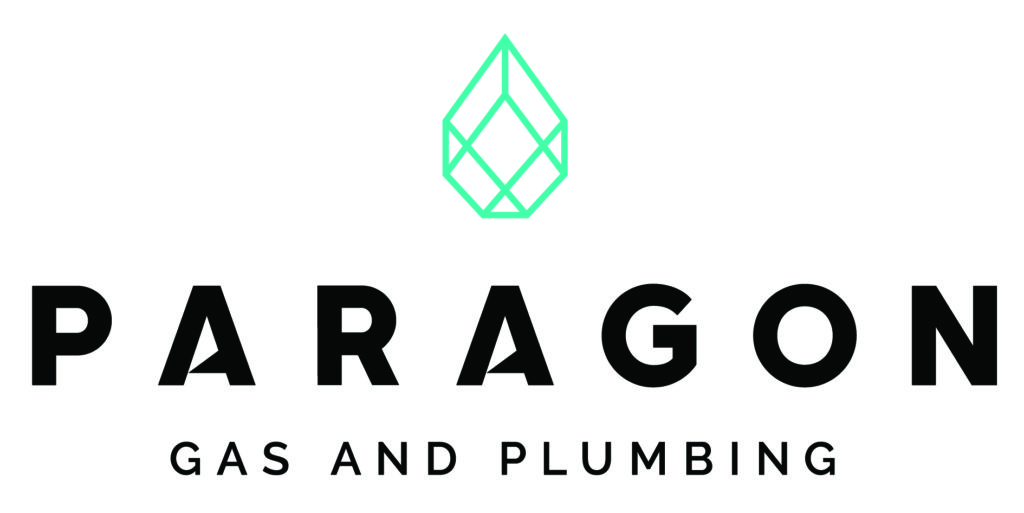
For more information or enquiries get in touch today!

